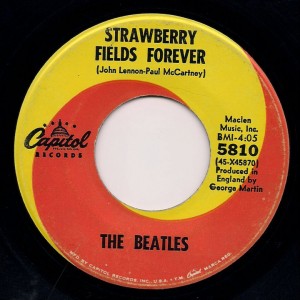 Just some quick hits here. We’ll grade my prognostication tomorrow.
Just some quick hits here. We’ll grade my prognostication tomorrow.
1) Perry with a better answer on social security. Despite the headlines this week, he’s been slowly backpedaling. Even if his plan is to continue with his line of thinking from the first debate, it will be a much better prepared answer this time. I guess you could retort, “How could it not be?”, but I’ll put the bar even a bit higher than that. He must have spent the last week planning for Bachmann’s obvious but still deadly populist shift on the issue.
2) Bachmann with an all-out assualt on Perry. She has to. And it will start with Social Security. She was marginalized in the last debate, and is in danger of being marginalized for good. Her goal has to be to completely discredit Perry. Or start running for vice-president.
3) Romney with a more subtle assault on Perry. For one, he’ll be the main beneficiary of a Bachmann assault, and without having to attack straight-out. Still, his play right now is obvious: line up the entire GOP money-and-influence establishment behind the idea that Perry is a loose-cannon and an unpredictable candidate. He got the Pawlenty endorsement, he’s got Perry heading toward a corner, now he needs to solidify the media narrative. It really doesn’t matter if this plays Perry right into being more of a conservative darling; this strategy is Romney’s only chance to win, so you take it even if it doesn’t offer great odds.
4) A legitimate split between how people respond to Obama’s jobs bill. This is more of a limb. I don’t think anyone will come close to anything that looks like an endorsement of the bill, but I suspect that the liberals will endorse some pieces of it, while the conservatives will take a stand against it and describe it with things like “more of the same,” “political posturing,” and “new taxes.” I guess it’s possible that the whole field could reject it whole cloth, as they did with the “10 to 1” question on the debt limit, but I think Huntsman and Romney are probably past that now and, especially Romney, have little reason to take such a radical line.
5) Ron Paul and/or Herman Cain off the chain. I thought they both had poor debates last week from a policy perspective. (Paul did ok when he goaded Perry into a confrontation, which is always good for the minor candidates). But it’s getting close to fireworks time for the second-tier; I expect it may begin tonight. Continue reading

